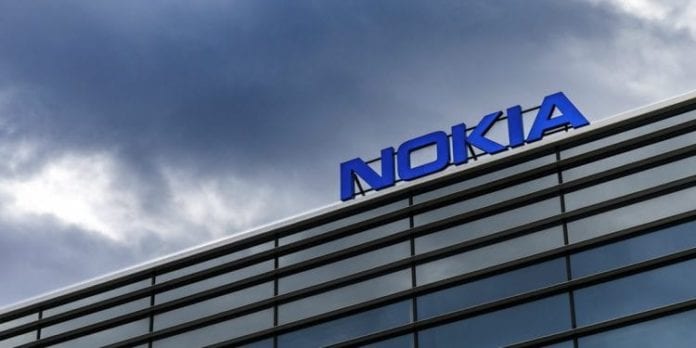Network operators can be masters of their own destinies, provided they hold their nerve, invest heavily and refresh their entire infrastructure. This is Nokia’s verdict on the challenge facing operators, as the industry in Europe and the US appears split on the rollout of 5G technologies.
Speaking at The Great Telco Debate in London, a straight-talking industry forum run by independent consultancy Lewis Insight, Nokia vice president of network marketing Phil Twist said operators in the US and China have taken a braver position than their counterparts in Europe.
Among industry executives, he raised the red pill / blue pill metaphor, as presented to Neo by Morpheus in the Matrix films – a meme that goes from Alice in Wonderland, via Jefferson Airplane, to countless cultural stop-offs. Twist stuck with the Matrix version, which Nokia chief Rajeev Suri first tested out at Mobile World Congress Americas in Los Angeles in September.
“Operators have a choice. They can take the red pill, which is about an uncertainty and leaving history behind, and making free choices about the future. And they can choose the blue pill, which brings comfort and safety, but is actually a beautiful prison. They question is, do you want safety and security, or the risk of new growth?”
It was his opening gambit, as one of a series of speakers debating whether 5G is, in fact, revolutionary for enterprises and only evolutionary for consumers. Unlike his peers, from Ericsson and Vodafone, Twist reckons 5G holds enough in the way of transformative impact for the consumer sector too.
But the operator community has to trust in its promise, rather than wait for its proof. The approach is very different either side of the Atlantic, he suggested. Operators in the US, as well as China, have knocked back the red pill, and are spoiling for a fight already. The Europeans, by contrast, prefer the look of the blue one.
“That is the choice. Are they going to wait for the business case to invest? Will they wait until they have to – because they’ve run out of capacity, and 5G brings new spectrum? Or will they take a leap of faith, build a network, and go find these new opportunities,” he said.
“The US operators have taken the red pill – they’re building networks, even while they’re unsure of the business case. Because one is building, they’re all building.”
The early advances in the US are for bragging rights, essentially, he said; but Nokia is not complaining. “Yes, it is a war of social media – that each of the CTOs wants the biggest, fastest networks. But that’s great business for us, because we are now supplying three networks in the US, or four if you still count Sprint separately.”
Twist went on: “It’s the same in China. They’re talking about big-bang rollouts – it’s a different perspective, because they are building it clean, but that is what they’ re looking at.
“If you look at many European operators, not all, they are taking a cautious approach. They want to see the business case, the devices, the need. Then, they’ll take a sensible investment case that doesn’t frighten their stakeholders and investors.”
It is time to throw caution to the wind, he suggested. The game with 5G is not about pragmatism, but a bloody-minded pursuit of a brighter future. “Why are we at this point, where there is this choice? What is 5G, and what does it mean?,” he asked.
The chance for operators to reinvent themselves as more than connectivity providers is unique, and within grasp for the moment. But the transformation with 5G goes beyond the radio network, and requires a blind focus and an iron will, and deep pockets.
“The radio is the key differentiator, but you have to look at the whole infrastructure. 5G is the glue – the driver for a raft of new services. It gives you the speed, the flexibility, the latency. But only if you refresh the entire network. When you’ve done that, then you get a network that is about more than just connectivity; it’s about smart, intelligent connectivity.”

